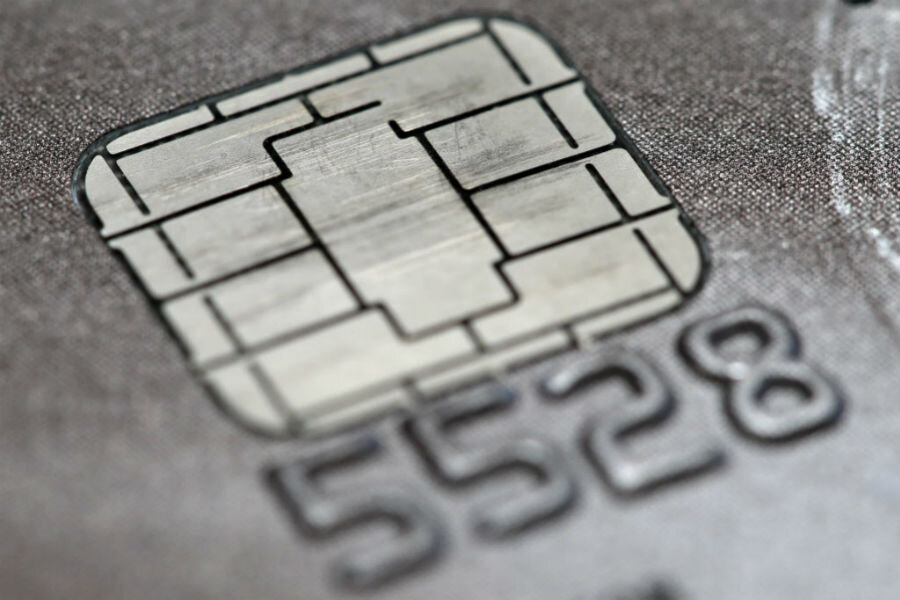Warning signs of a problematic authorized user
Loading...
If you’ve got good credit, it’s natural to want to give someone close to you a little credit boost. Whether it’s your child, your significant other or a close friend, adding another person to one of your credit card accounts as an authorized user could help improve his or her credit. But how much of a risk will this person pose to your good credit history?
Adding other people as authorized users means they’ll have their own credit card with their name on it, but it will be tied to your account. You will be responsible for any purchases they make with the card. If they don’t pay, your credit will suffer.
What are the chances that authorized users will cause trouble on your credit card account? Here are seven things to watch for before sharing your card.
1. They don’t have steady income
Unless you’re prepared to pay for all of their purchases — which may be the case anyway if the authorized user is your dependent — make sure they have money coming in on a regular basis. Talk frankly with your authorized users about their income, their spending habits, and how they will reimburse you for their purchases.
2. They spend impulsively
Think about how you’ve seen them handle money. Do they make large, unplanned purchases? Does their bar tab make your eyes pop when you go out together? If their spending makes you uncomfortable even when they’re not walking around with a credit card tied to your account, you probably don’t want to share your card with them.
3. They haven’t learned from past mistakes
Even the best of us can make mistakes with credit cards. But if your friend or relative has messed up before, it’s reasonable to want to know how they would do things differently this time around. If they talk about those past mistakes in a way that blames someone or something else for their problems, they may not be taking responsibility for their actions. And they may not be ready to handle credit again, especially not your credit.
4. They won’t share personal information with you
Sharing a credit card account is very intimate. To add people to your account, you may need their personal information such as date of birth and Social Security number. Once they use the card, you’ll be able to see all their purchases on your statements. Unless you both feel comfortable with that, adding a user probably isn’t a good idea.
5. You don’t know them well
Do you know how much they earn? How much they spend on things such as rent, utilities and groceries? Do you know how they react in a stressful financial situation? How they handle difficult conversations? Even if you feel close to someone, you may not know much about how he handles money, or how well she communicates about it. If there are any big questions, it’s important to talk them through before you share your credit card account.
6. They can’t get a credit card on their own
There are some very good reasons for not being able to get a solo credit card account. Maybe the person is under 21, which means she either needs a co-signer to get a card or needs to be an authorized user on someone else’s account. Or maybe he is an international student or a new immigrant, and doesn’t have a credit history in this country. Besides, some people can end up with damaged credit because of huge medical bills or a sudden job loss, and not due to irresponsible behavior.
The point is that it’s important to ask why they can’t get a credit card of their own before adding them to your account. The answer might surprise you.
7. They have unrealistic expectations
It’s true that having authorized user status will help improve that person’s credit — as long as the credit card bills are paid on time and you keep your card balance low relative to the credit limit. But it won’t build users’ credit as much as getting a credit card of their own. Unless you’re a couple who share all financial accounts, the authorized user arrangement probably should be only one piece of the financial puzzle as users try to improve their credit.
The authorized users should continue to pay any other loans on time, and should eventually apply for a secured credit card in their own name. Between authorized user status on your account and a carefully managed secured credit card of their own, they should be able to get an unsecured card before too long.
Best practices
Even if you are confident that someone will make a good authorized user, it’s still a good idea to sit down and talk about ground rules. If you will expect the users to reimburse you for their purchases, talk about how quickly they’ll need to pay you back. If you’ll be covering their expenses and yours, how much money are you comfortable having them spend? What kinds of expenses do you expect them to put on the card? Is there a certain dollar amount they can spend without talking to you first?
Giving authorized user status can make sense, especially if you’re sharing other financial responsibilities already with that person. And if you are a pro at handling credit cards, always paying your bills on time and keeping your balances relatively low, your good behavior will reflect well on your authorized user’s credit history. Just make sure any red flags are investigated and addressed before you move forward.
Virginia C. McGuire is a staff writer at NerdWallet, a personal finance website. Email:virginia@nerdwallet.com. Twitter: @vcmcguire.
This article first appeared at NerdWallet.







